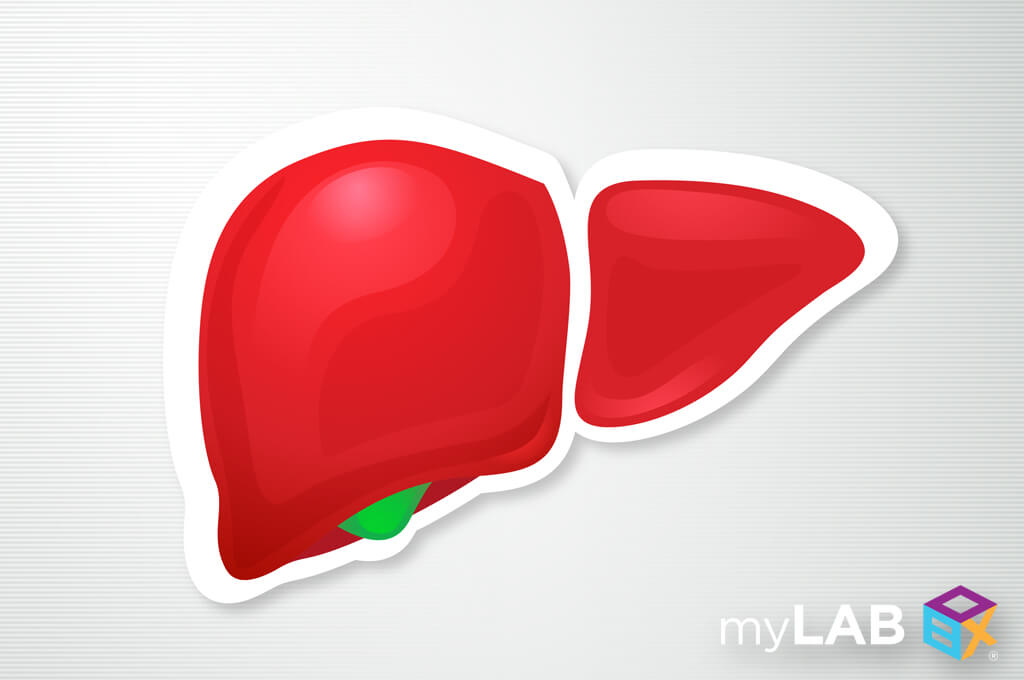How Long Does Hep C Live Outside The Body?

Hepatitis C is the leading sexually transmitted disease among baby boomers. Adults that were born between 1945 and 1965 are 5 times more likely to contract Hep C. Hep C can cause severe liver damage and possibly liver cancer.
There are many ways in which Hep C can be transmitted. Hep C can live for up to 3 weeks outside the body if present at room temperature. Saliva with small amounts of blood or even dried blood can contain the virus. If you come into contact with this virus it can be transmitted if there is a way for the virus to enter your body – this includes any scratch or mucosal surface.
It is not known why baby boomers are more likely to be infected with Hep C, but it could be the result of the high transmission rates that occurred between the late 60’s and early 80’s. Transmission of Hep C can result from more than just sexual contact. Higher transmission rates could have also occurred due to lack of universal precaution during this era. It could also be due to contaminated blood supplies prior to strict screening measures that were put into place in 1992. Either way most Hep C carriers do not know when or how they contracted the virus.
Dealing with Hep C
The only way you can know if you have contracted the virus is to get tested. Hep C usually does not have any symptoms. Symptoms are usually only present after a long period of having Hep C without treatment. When symptoms become present one might experience: fatigue, poor appetite, bleeding easily, bruising, yellowing of the skin and eyes, itchy skin, buildup of fluids in the abdomen, fever, vomiting and nausea.
Don’t lose hope, there is a cure! Once you get tested and find out that you have contracted Hep C you can talk to your doctor and discuss treatment options. Some of these treatment options will depend on how long you have had the infection. While it is not possible to reverse the liver damage that has already been caused without surgery, it is possible to stop the disease from progressing further. While there currently is not a vaccine for Hep C like there is for Hep A and B, scientist are working on the development of one.
In some cases, Hep C can resolve itself on its own after the virus runs its course. 1 in 4 people will be able to fight off Hep C and the virus will be destroyed, and the patient will be cured on their own without treatment. But for the 3 out of 4 people that cannot fight this virus on their own there is still help. New medications are on the market that attack the virus and leave the patient free of any evidence of the virus in their system.
The drugs used to treat Hep C are protease inhibitors. These drugs prevent the virus from getting the proteins it needs in order to reproduce. Since the virus is unable to replicate itself and spread the virus eventually dies out and the patient is cured.
If you have advanced stages of Hep C and there has been liver damage or failure you still run the possibility of needing to have a liver transplant along with the drug therapy.
Get Tested
If you are worried you may have been infected with an STD get tested! MyLab Box offers a variety of at home STD tests. Shop our Hep C test here.
Popular Tests

Total Box
14 Panel STD Test
In Stock – Free Shipping
$369 – $399
